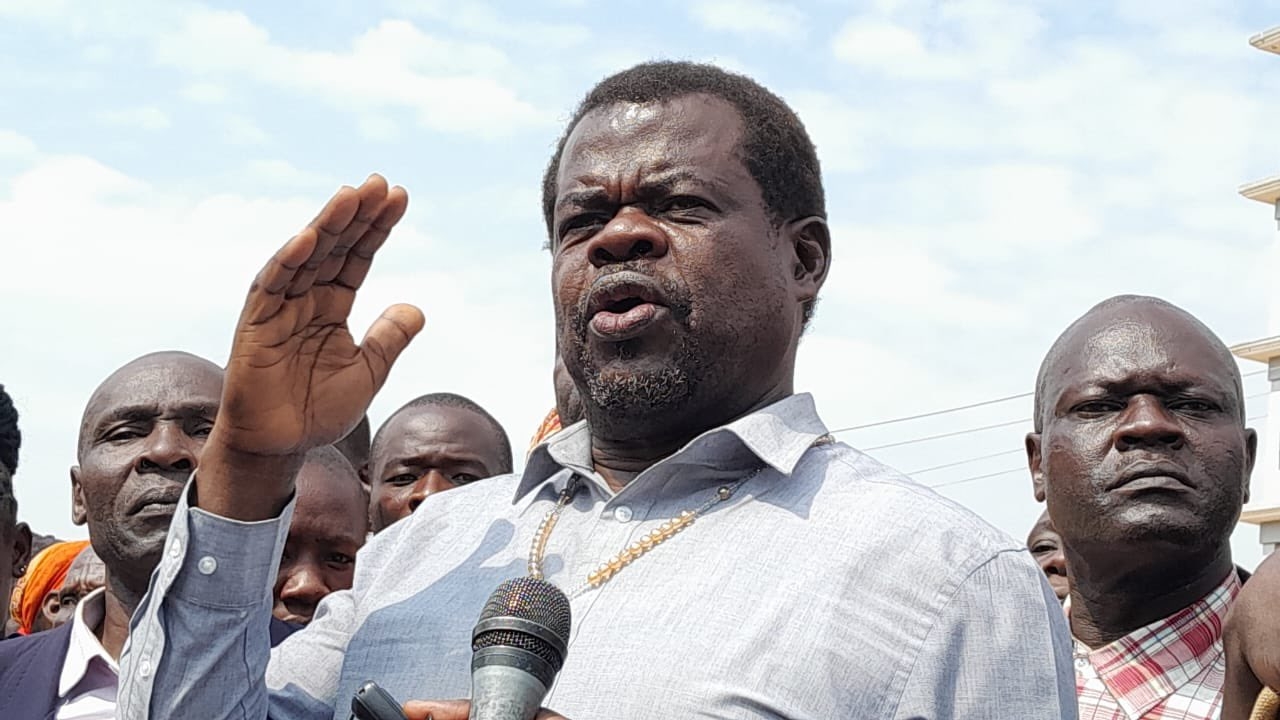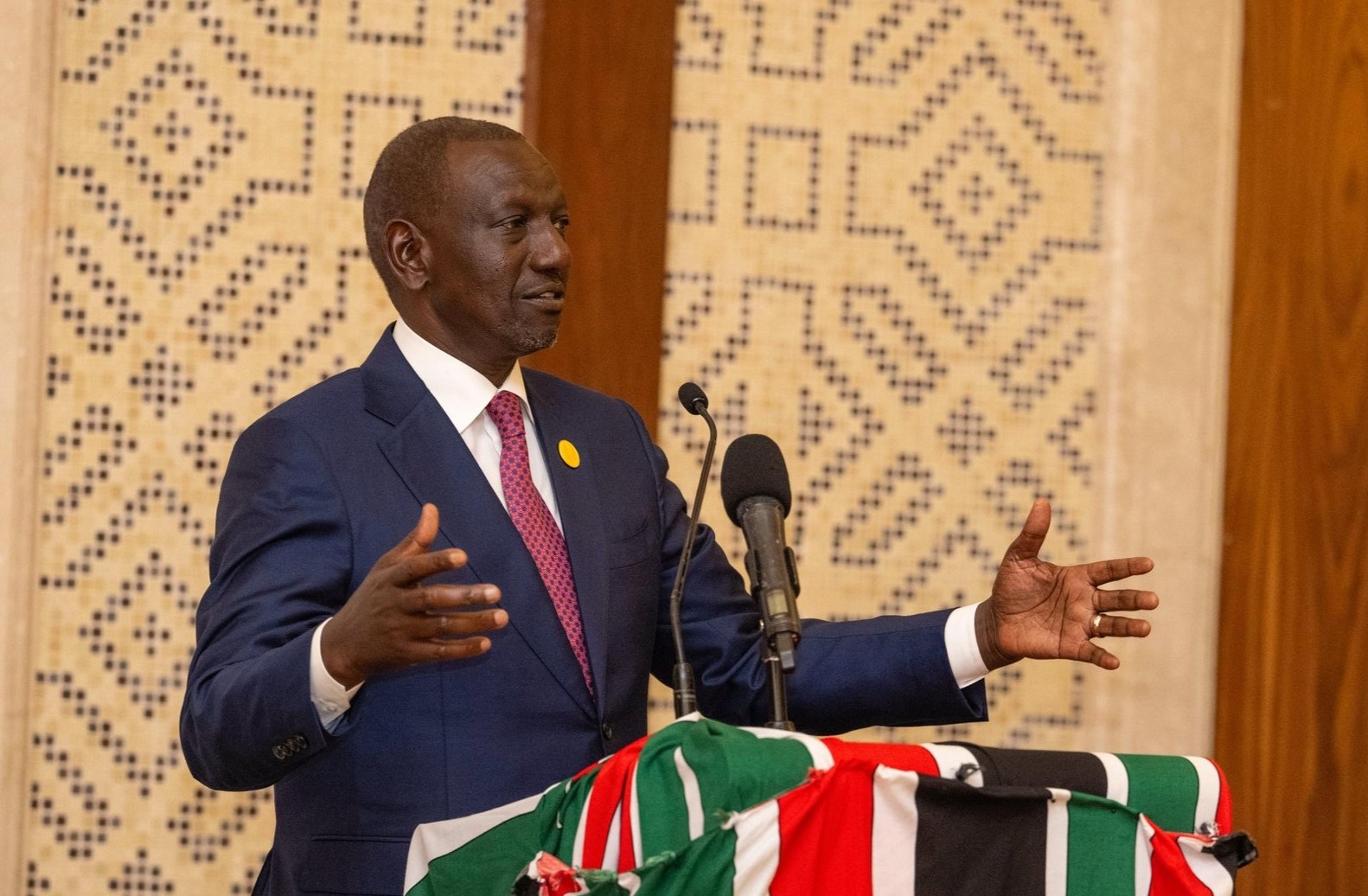Equity Bank reported the highest number of transactions for climate-related financing among the 258 participating financial institutions globally.
According to the lender's sustainability report for 2023 released on Tuesday in Karura Forest, it ticked almost all boxes on Climate Assessment for Financial Institutions (CAFI), a tool developed by the World Bank's International Finance Corporation (IFC).
It enables its customers and partners across 210 countries to report on their financing activities for climate-related projects.
The report shows that Equity Bank supported 47,593 households and businesses in adopting adaptive and mitigating solutions to address the negative impacts of climate change.
The support ranged from climate loan facilities as low as Sh6, 000 for purchasing energy-efficient cook stoves in the retail sector to as high as Sh8.54 billion to finance renewable energy distribution from renewable sources, including hydro, geothermal and wind.
In general, the Group disbursed over Sh24 billion towards climate finance covering energy efficiency, renewable energy, and climate smart agriculture.
These efforts resulted in an overall reduction of 39,917.4 tonnes of CO2 in 2023.
Equity Bank Group CEO James Mwangi says the effort showcases Equity’s dedication to sustainable business practices and the integration of Environmental, Social, and Governance (ESG) aspirations into core operations.
“Today, our business model encompasses a tri-engine approach with an economic focus, a social focus, and a nature, and environmental focus, all working to achieve positive impact,'' Mwangi said.
Mwangi added that the 2023 sustainability report unpacks how Equity is walking the talk within its business operations across the seven markets it runs offices in; Kenya, Uganda, Tanzania, South Sudan, Rwanda, DRC and Ethiopia where it operates a representative office as it aims to deepen environmental stewardship.
In 2023, the bank observed fluctuations in grid-based energy consumption.
Some regions experienced a slight increase in energy consumption, including Rwanda (0.4 per cent) and DRC (13.1 per cent).
Kenya reduced its energy consumption by 9.7 per cent.
On energy intensity per staff, it is observed that the highest consumption figures are recorded in the DRC at 4,307 kWh per staff.
However, there was an improvement in energy intensity by seven per cent compared to 2022.
Rwanda saw the highest energy intensity at 1,679 kWh per staff, representing a decrease of 15 per cent.
Following Rwanda and DRC, Kenya recorded electricity consumption at 1,482 kWh per staff, indicating a reduction of six per cent compared to 2022.
According to the report, the group aims to minimize overall waste generated and eliminate waste sent to landfills from all subsidiaries and subsequently branches across the region.
In 2023, it tracked waste generated in Kenya identifying various waste streams including glass, paper, metals, organic matter, plastics, medical waste, and e-waste.
Paper waste accounted for 72 per cent of the total waste generated, totaling 316 tonnes.
Some of the initiatives that were implemented to reduce waste generated include reduction in printing through digitization, engagement of e-waste recyclers, roll out of reverse osmosis water points across business premises, and usage of glass water bottles in place of single-use plastic bottles in operational activities where reverse osmosis has not been deployed.
The lender consumed 57,235 cubic meters during the period under review, a 25 per cent drop compared same period in 2022. The Group also implements systems to reduce water use across its operations, reflecting its commitment to sustainable water management.
On the environment, Equity Group is mainstreaming tree planting to combat climate change through nature conservation.
Through the Equity Group Foundation, over 25.2 million trees have been planted and over 420,243 clean energy products distributed to institutions and households.
The bank, through its foundation, says it is committed to reducing social and economic risk and vulnerability, and to alleviating extreme poverty and deprivation through cash transfer programmes.
So far, it has reached 5.4 million individuals with social assistance programmes including cash transfers, fee waivers, subsidies and social pensions delivered to vulnerable and marginalized populations.
Cumulatively, Sh138.39 billion has been disbursed via cash transfers under these programs.













